Reviews and Information for Frontier
Search term may appear only in full report available to members. Join now for full access.
Product Review
Nutritional Yeast Review
Inaccurate Labeling Discovered on Most Nutritional Yeasts. Best Fortified and Non-Fortified Products Identified.
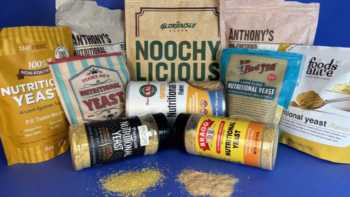
Product Review
Ginger Supplements, Chews & Spices Review
Tests Reveal Best and Worst Ginger Supplements & Spices. Poor Quality and Lead Contamination Discovered in Some Products.
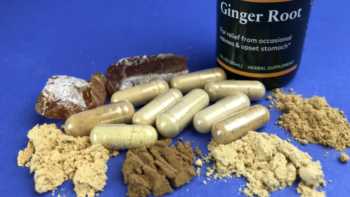
Product Review
Turmeric and Curcumin Supplements and Spices Review
See Our Top Picks Among Turmeric Products
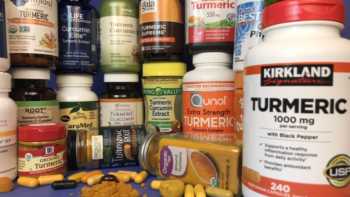
Product Review
Cinnamon Supplements and Spices Review
CAUTION: Some Cinnamon Products High in Toxin. See Which Passed or Failed and our Top Picks!
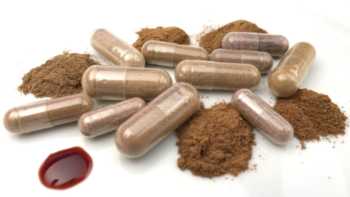
Product Review
Lavender and Tea Tree Essential Oils Review
Oils Tested for Authenticity and Purity
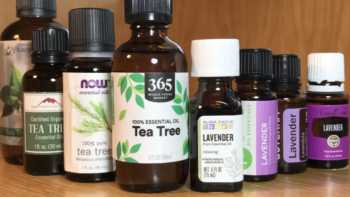
News Release
February 24, 2025
Widespread Mislabeling of Nutritional Yeasts Uncovered by ConsumerLab – 90% of Nutritional Yeasts Fail Tests
White Plains, NY, February 24, 2025— Nutritional yeast can add a savory flavor to foods and be a good source of protein, fiber, and niacin. Fortified nutritional yeast can also provide vitamins B-6 and B-12, making it a common addition to vegan and vegetarian dishes.
News Release
June 29, 2023
ConsumerLab Tests Reveal the Best Turmeric and Curcumin Supplements & Spices
White Plains, New York, June 29, 2023 — Turmeric and curcumin (a key compound in turmeric) are promoted for uses including osteoarthritis, seasonal allergies, and ulcerative colitis, as well as improving cognition and reducing symptoms of depression.
News Release
December 22, 2020
Best and Worst Ginger Supplements, Chews & Spices Identified by ConsumerLab. Contamination, Less Ginger Than Expected in Some Products.
White Plains, New York, December 22, 2020 — Ginger is not only a popular spice but may reduce nausea from motion sickness and pregnancy and modestly decrease pain from osteoarthritis. Key compounds in ginger known as gingerols are believed to be active components of ginger.
News Release
January 05, 2016
Cinnamon Spices and Supplements Found to Vary Widely in Levels of Potentially Helpful and Harmful Compounds Reports ConsumerLab.com
White Plains, New York, January 5, 2016 — Cinnamon supplements may be helpful for controlling blood sugar in people with type 2 diabetes or prediabetes, possibly due to compounds known as proanthocyanidins or PACs.





